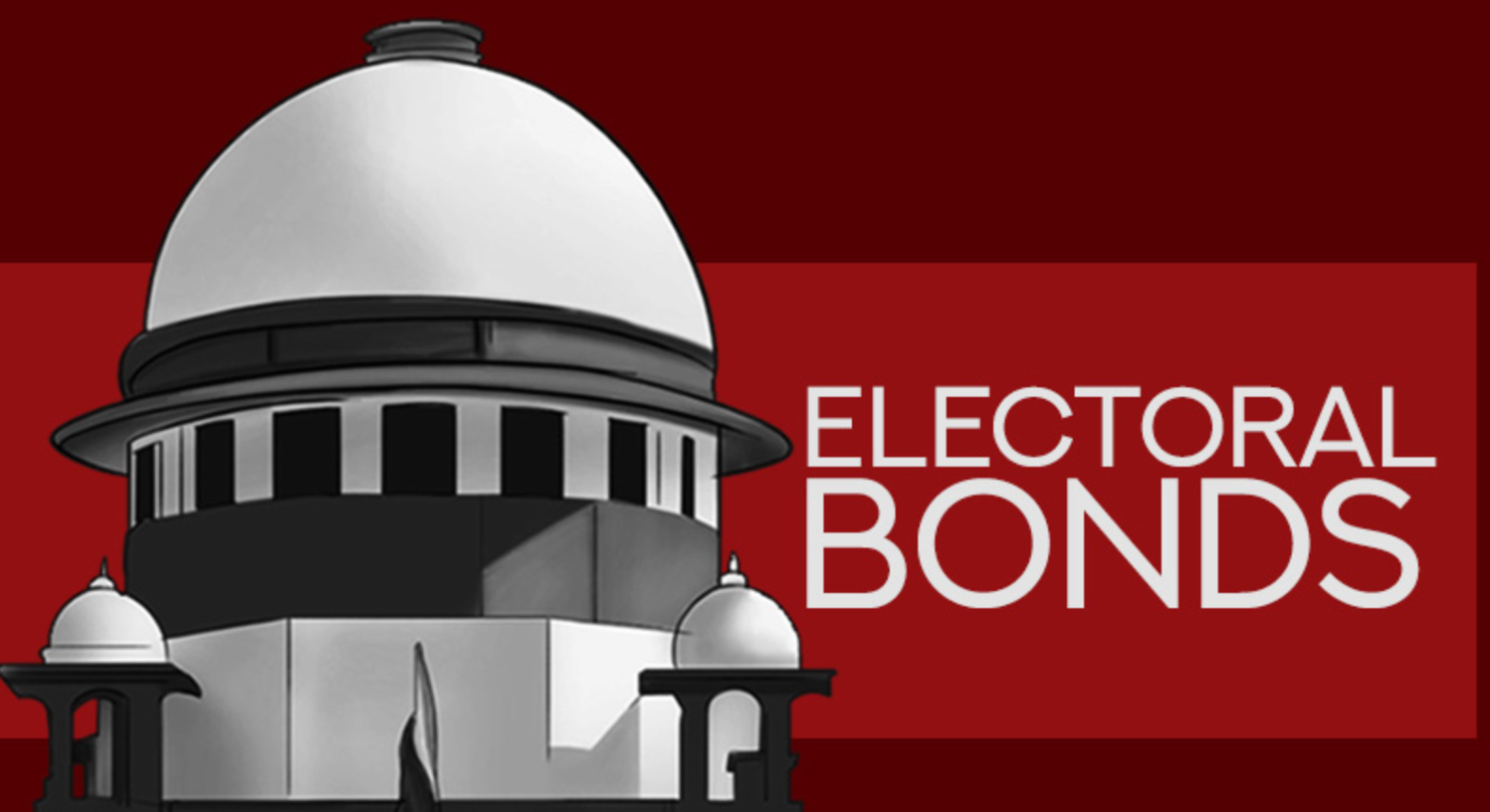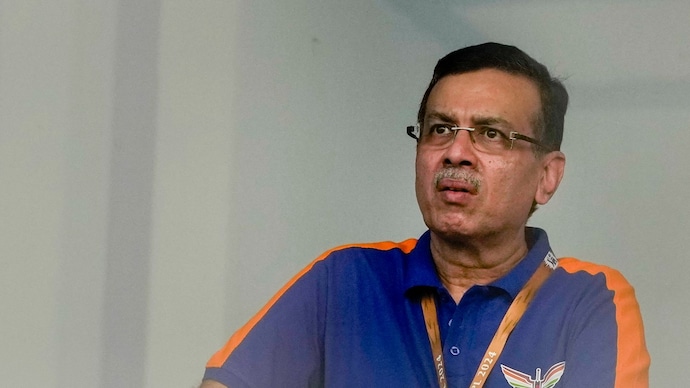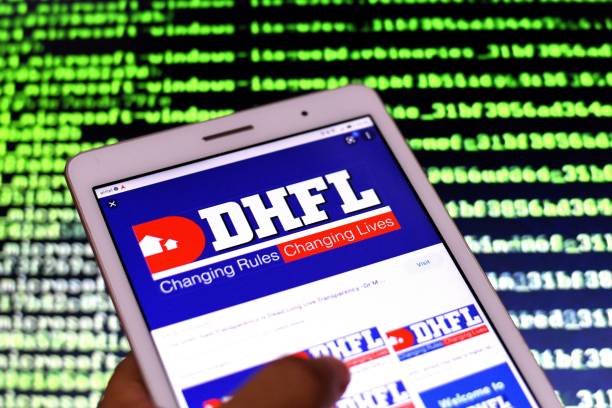Understanding Electoral Bonds
The Electoral Bond, introduced by Finance Minister Arun Jaitley in the Union Budget 2017-18, is a financial tool for supporting political parties. As per the provisions of the Electoral Bond Scheme, 2018, an electoral bond is characterized as a promissory note issued as a bond. It is of bearer nature, meaning it does not contain the buyer’s or payee’s name, or any ownership information. Consequently, the holder of the bond, typically a political party, is presumed to be its rightful owner.
The policy, enacted on January 2, 2018, enables citizens of India and domestic companies to contribute bonds in denominations of Rs 1,000, Rs 10,000, Rs 1 lakh, Rs 10 lakh, and Rs 1 crore to political parties of their choosing, who are then obligated to redeem them within 15 days. Individuals, including corporate entities, can purchase these bonds singly or jointly with others without restricting the quantity.
Only those political parties which fulfill the following criteria are eligible to receive electoral bonds
– (i) registered under section 29A of The Representation of the People Act, 1951 and (ii)
secured not less than one percent of the votes polled in the last general election to the House
of the People or the Legislative Assembly, as the case may be. Under the Electoral
Bond Scheme, 2018, section 29C of The Representation of the People Act, 1951 has been
amended to remove the obligation of political parties to keep a record of the identity of
donors who give any sum of money through Electoral Bonds or report the same to the Election
Commission of India (ECI) annually.
Supreme Court’s Verdict: Addressing Corruption Concerns
Observers have long flagged political finance as a breeding ground for corruption in India’s democratic landscape. In a significant move, India’s Supreme Court emphasized the indispensability of transparency in political funding for ensuring electoral integrity.
Chief Justice DY Chandrachud underscored the importance of access to information in a participatory democracy, urging the government to prioritize transparency over secrecy. The court’s ruling scrutinized the unchecked influence of corporate donors on political parties, emphasizing the need for accountability to voters.
In a ruling spanning 232 pages, the judges observed that corporate donors seldom contribute to political parties solely out of a sense of civic duty. They emphasized that elected representatives cannot be held accountable to voters if companies, wielding significant financial power and engaging in quid-pro-quo arrangements with parties, were allowed to donate unlimited sums.
The BJP’s spokesperson, Gopal Krishna Agarwal, informed reporters that the party was “dedicated to ongoing reforms in electoral funding” and would comply with the ruling. The Congress Party, India’s primary opposition, embraced the decision, stating, “We hope that the Modi Government will refrain from such practices in the future and heed the Supreme Court’s guidance, thereby ensuring the existence of Democracy, Transparency, and a level playing field,” as expressed by Congress president Mallikarjun Kharge.
Election watchdogs like ADR assert that the court’s decision will impose “stringent limits on corporate funding.” Sastry emphasizes that numerous countries worldwide, including the U.S. and the UK, have strict regulations on transparency and the ceiling for corporate funding due to the issue of undue influence on elections and government policies and legislation.
While the ruling received mixed reactions from political parties, there is an overarching consensus on the imperative for electoral reforms and transparency in political funding. The Supreme Court’s decision marks a pivotal moment in India’s electoral landscape, signaling a significant step towards fostering accountability, transparency, and fairness in political finance.



